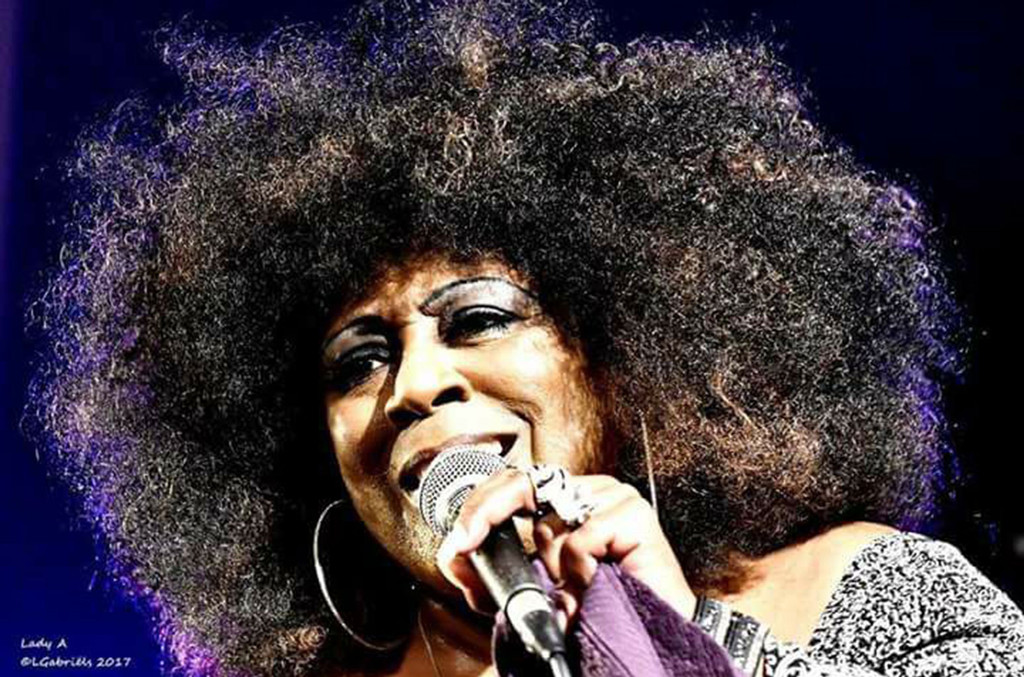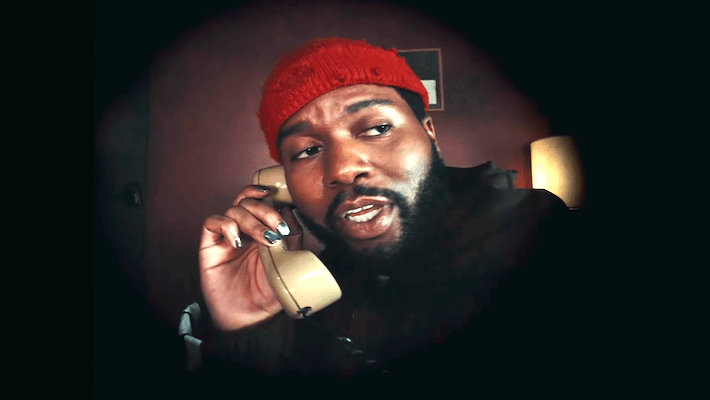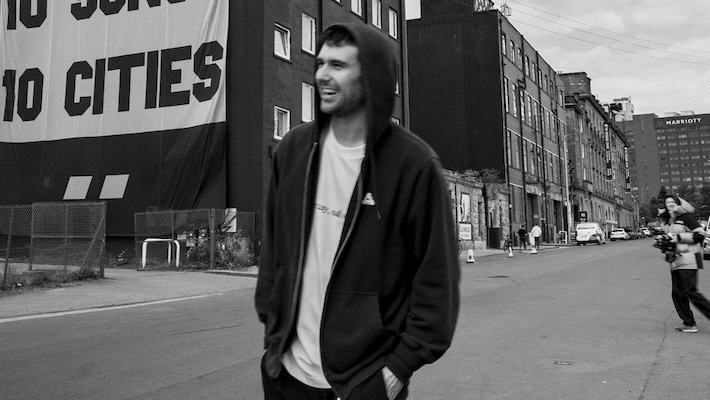Lady A, the singer, has responded to Lady A, the band, following their headline-making lawsuit over trademark of the name the two acts now share.
“I think they always knew what they were gonna do,” the singer, born Anita White, told Vulture on Thursday (July 9) after news broke that she was being sued by the country trio.
Back in June, the band formerly known as Lady Antebellum announced they’d be dropping the historical reference to the pre-Civil War South from their name in response to the ongoing Black Lives Matter movement. However, the well-intentioned change immediately ran into conflict when it became clear that White had been performing under the name since 1987.
“The first contract they sent had no substance,” the blues singer told Vulture of her early negotiations with the band. “It said that we would coexist and that they would use their best efforts to assist me on social media platforms — Amazon, iTunes, all that. But what does that mean? I had suggested on the Zoom call that they go by the Band Lady A, or Lady A the Band, and I could be Lady A the Artist, but they didn’t want to do that.”
According to the lawsuit, White eventually requested that the band pay her for use of the name, and negotiations swiftly broke down between the two camps.
“I was quiet for two weeks because I was trying to believe that it was going to be okay and that they would realize that it would be easier to just change their name, or pay me for my name,” White continued. “Five million dollars is nothing, and I’m actually worth more than that, regardless of what they think. But here we go again with another white person trying to take something from a Black person, even though they say they’re trying to help. If you want to be an advocate or an ally, you help those who you’re oppressing. And that might require you to give up something because I am not going to be erased.”
Despite the prospect of being mired in litigation against the superstar trio, the singer stood fast in her commitment to fighting for her artistic persona, as both a Black and independent artist. “You don’t get to just come and take because you have that privilege,” she said. “We don’t have that luxury or that privilege, so we need somebody to help us and lift us up.”



